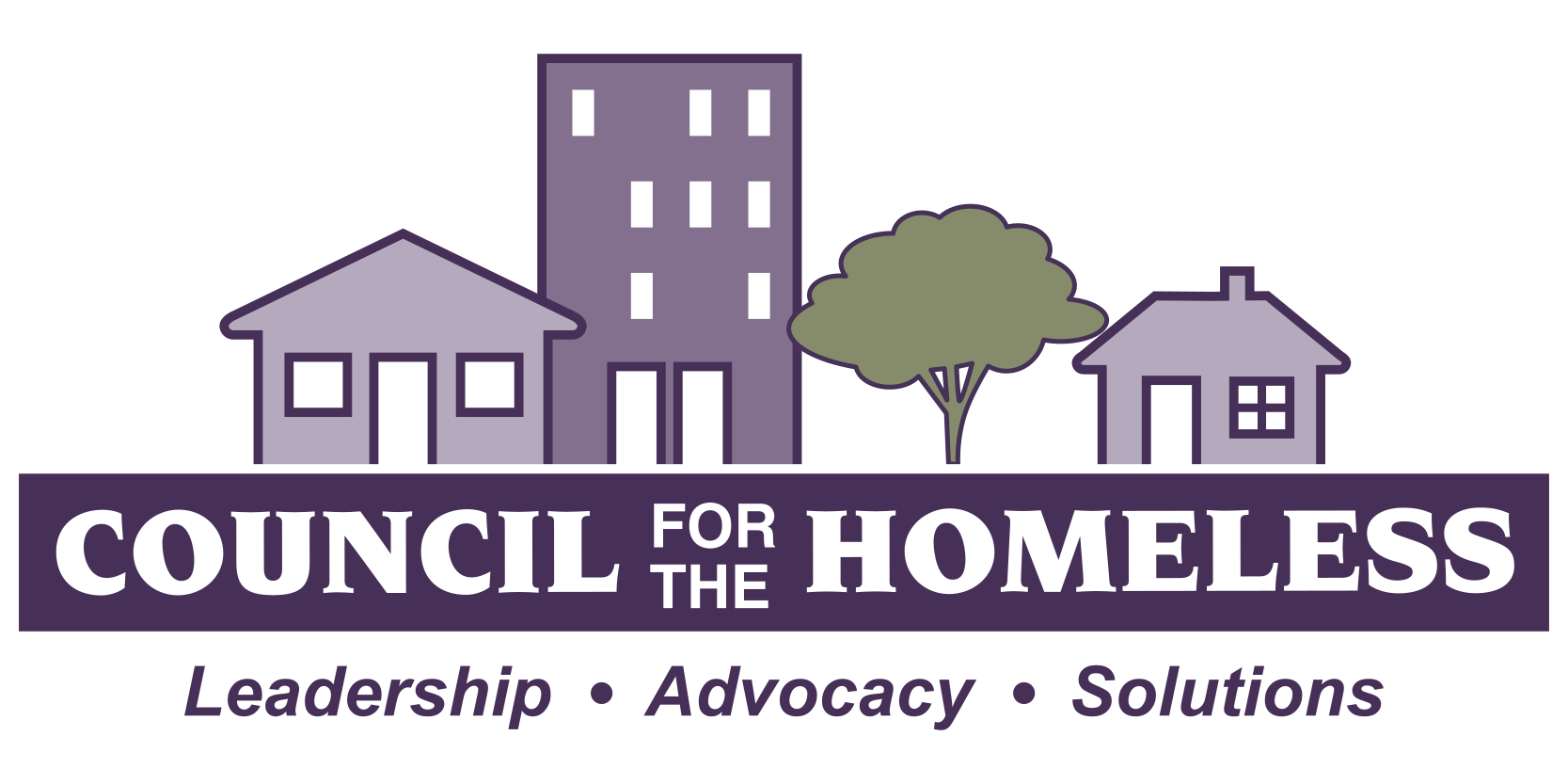Council For The Homeless Thanks Winter Shelter Partners For Lifesaving Support That Provided 17,948 Bed Nights To 717 Individuals (Photo) -05/15/25
FOR IMMEDIATE RELEASE
Council for the Homeless Thanks Winter Shelter Partners for Lifesaving Support
717 Individuals Sheltered Over Winter, Totaling 17,948 Bed Nights (Sleeps)
VANCOUVER, WA (May 15, 2025) — Winter partnerships play a critical role in creating an effective response to homelessness. Through the collective efforts of community partners, Council for the Homeless (CFTH) was able to connect 717 individuals to emergency shelter and housing support over the winter season, providing a total of 17,948 bed nights (sleeps) — each one representing a safe night’s rest for someone without a home.
CFTH extends its deep gratitude to all winter response partners who opened their doors — and in many cases expanded their capacity — to meet the growing need during the coldest months of the year. These services included year-round and seasonal shelters, emergency stays, and warming centers that protected the lives of our unhoused neighbors as temperatures dropped.
“None of this would be possible without the dedication of our partners and volunteers who step up every winter to make sure no one has to endure extreme weather without shelter,” said Sesany Fennie-Jones, chief executive officer of Council for the Homeless. “These partnerships don’t just save lives — they give people the space to begin rebuilding.”
Key shelter partners contributed to the winter response:
- Year-round shelters — These facilities operate continuously and strive to expand their capacity during severe weather conditions.
- Winter shelters (November through March) — Hosted at Chkalov Building, Immanuel Lutheran Church, St. Andrew Lutheran Church, St. Paul Lutheran Church, and the Vancouver Arts Center.
- Severe weather shelters — Open only during declared severe weather emergencies, functioning as overnight shelters or daytime warming centers. Key examples are Living Hope Church and the Salvation Army for overnight stays, and St. Paul Lutheran for daytime warming.
In a key policy shift this winter, CFTH activated 41 Severe Weather Alerts when temperatures fell below 36 degrees, a change from the previous threshold of 32 degrees. This adjustment allowed more individuals to access emergency shelter earlier and more frequently, providing critical protection from life-threatening conditions.
While winter weather has passed, the need remains. CFTH continues to face ongoing challenges and is currently seeking donations of essential supplies, including hygiene items, rain gear, tents, and blankets. As summer approaches, volunteers will also be needed to assist during extreme heat events.
In alignment with its winter weather response efforts, CFTH has updated its summer severe weather alert threshold. Alerts will now activate at 98 degrees instead of 100 — another proactive measure to help protect the health and safety of the community’s most vulnerable residents.
Ongoing community support and partnerships are essential to preventing and ending homelessness in Clark County. Together, we can provide immediate safety, long-term stability, and hope.
To learn more or support the efforts of Council for the Homeless, visit www.councilforthehomeless.org.
###
About Council for the Homeless: Council for the Homeless (CFTH) is a nonprofit organization dedicated to preventing and ending homelessness in Clark County, WA, by providing community leadership, compelling advocacy, and practical solutions to solve homelessness on an individual and community level. Founded in 1989, CFTH serves as the lead agency and coordinated entry for delivery of homeless services through the Continuum of Care for Homeless Services in Clark County, WA.
